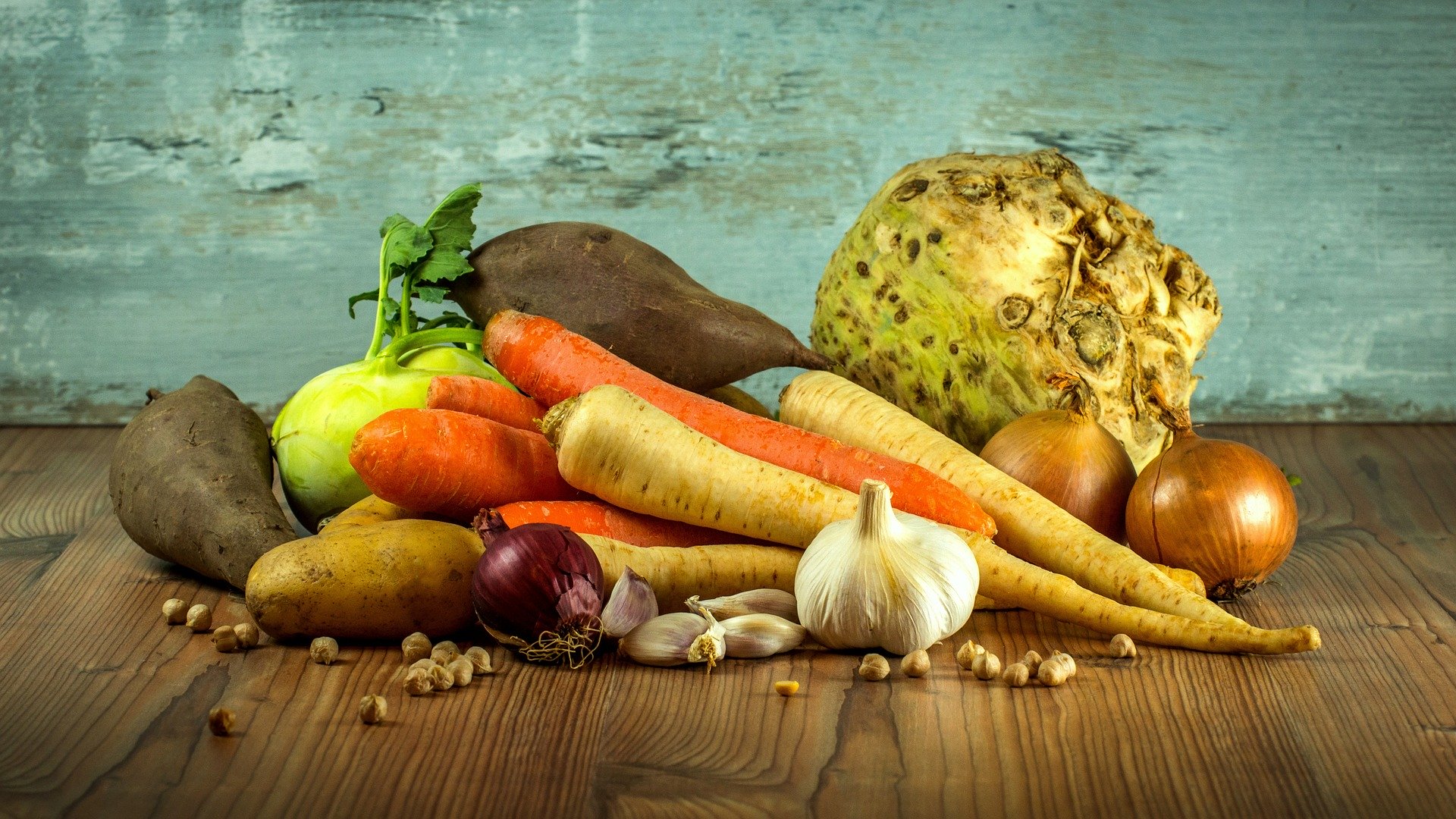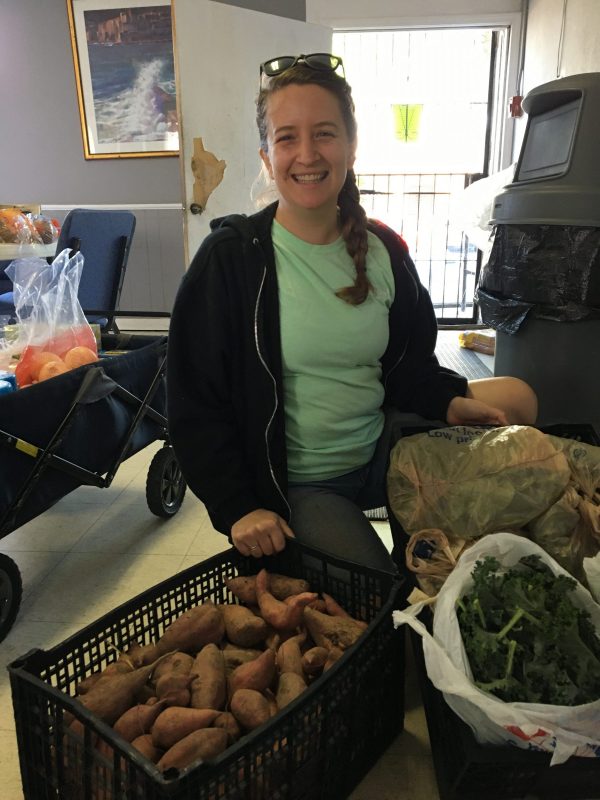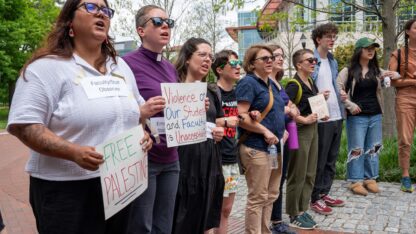Atlanta History Center’s Smith Farm Is Now Yielding Crops To Help Those In Need

Hunger and food insecurity in Georgia have grown during the COVID-19 pandemic.
The Atlanta History Center’s Smith Farm, which acts as a living representation of a working, slaveholding farm from the Atlanta area in the 1860s, typically grows crops for educational purposes rather than production.
With the coronavirus pandemic exacerbating food insecurity in the city, the History Center has changed that and is working with Concrete Jungle to mitigate the impacts COVID-19 and the shelter-in-place order are having on those in need.

“City Lights” host Lois Reitzes spoke with Katherine Kennedy, executive director of Concrete Jungle, and Emily Roberts, director of urban agriculture at the Atlanta History Center.
“I’m very lucky. I always say I have the best job because I get to be a farmer who doesn’t have the pressure of production,” Roberts said.
But with no visitors allowed at the History Center and increasing food insecurity in Atlanta due to the pandemic, Roberts will not be planting what she would under more typical circumstances.
“Cotton is a plant that we have grown on Smith Farm because of its intrinsic link to the violence of enslavement in this area. And it helps us tell that story in a specific way,” said Roberts.
It won’t be found there this spring. Instead, Roberts is using that space to grow crops like turnips and okra. Food that will eventually be donated to Concrete Jungle and delivered to those in need.
So far, Smith Farm has given 87 pounds of food grown on-site to Concrete Jungle, including sweet potatoes, kale, collard and turnip greens, spinach, and chard.
Once Concrete Jungle has the food, they are delivering it directly to people experiencing food insecurity through their newly created COVID-19 Grocery Delivery Program.
“We kind of did this dramatic flip, and instead of just being sort of the producer that brings the food to the food pantries, we’re now producing food,” Kennedy said.
Kennedy explained that being food insecure often means you are two to three times more likely to have a chronic disease, which puts you at higher risk if you are infected with coronavirus. Eliminating the need for high-risk clients to go to food pantries was their goal when setting up the service.
“We’re delivering to 240 families this week, and we get more calls every day,” said Kennedy.
In addition to Smith Farm, Concrete Jungle is growing food on their farm, Doghead, and has received food from the Atlanta Botanical Gardens, Good Samaritan Farms, and DaySpring Farms in Athens. Kennedy said they are also working with larger-scale farms to reclaim produce they grow that goes to waste.
Both organizations are encouraging community members to get involved in responding to the pandemic from donating food, time and money to sharing your story of how the pandemic has affected your community.








